Schedule a Call Back
Demand for automation in India to rise due to COVID 19 pandemic
 Industry News
Industry News- Jun 19,20
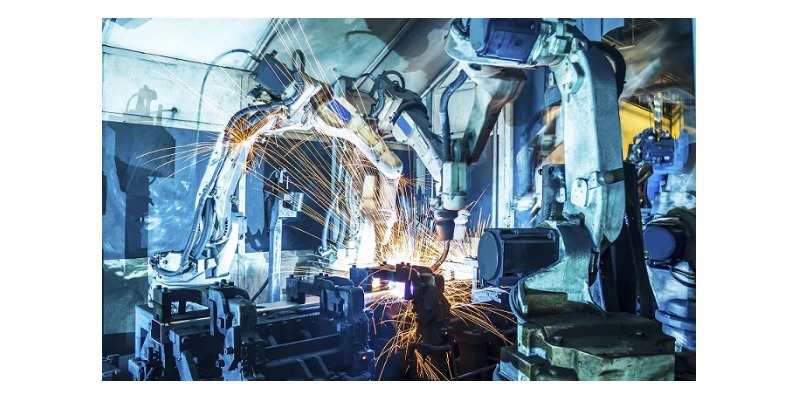
Related Stories
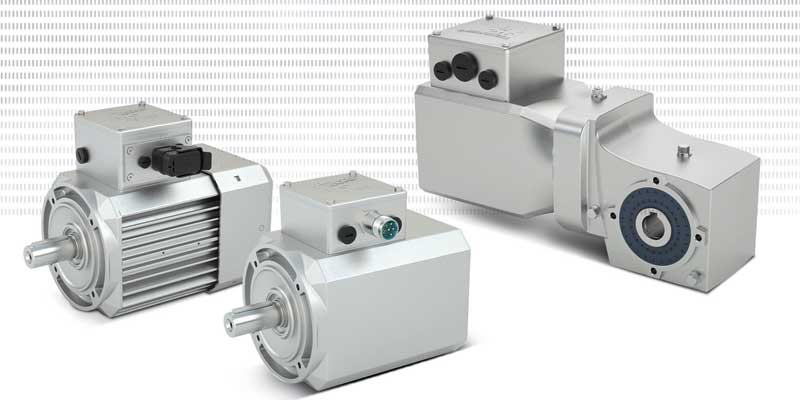
NORD to showcase drives for environmental technology at IFAT 2024
NORD will present its drive solutions for the industry at IFAT 2024 - the leading trade fair for water, wastewater and waste management in Munich.
Read more
Boehlerit: Know-how in cutting of tubes
In order to cover the different machining steps, Boehlerit has, over the decades, as the industry’s leading tool supplier, created the market’s most comprehensive product range, now also includi..
Read more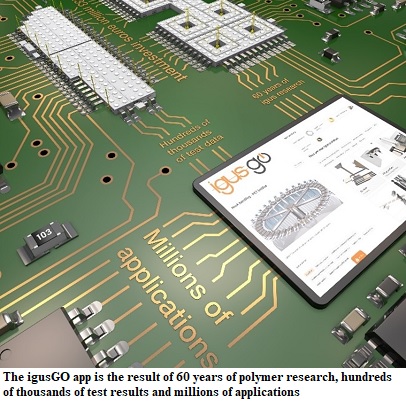
Igus to invest in 247 new motion plastics products in 2024
The German firm, which recorded Euro 1.136 billion turnover in 2023, increased its customer base by 6.7 per cent.
Read moreRelated Products
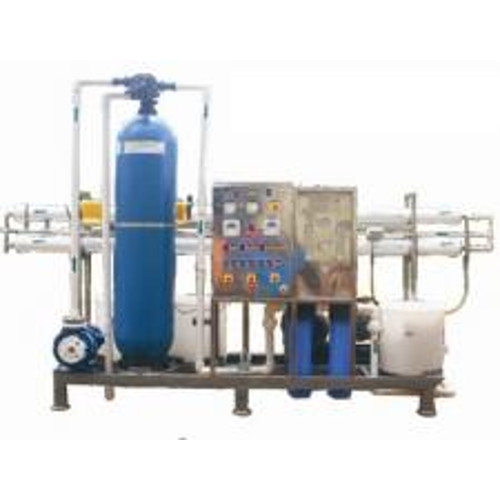
Industrial Desalination System
Shakunth Aqua Products offers a wide range of industrial desalination system. Read more
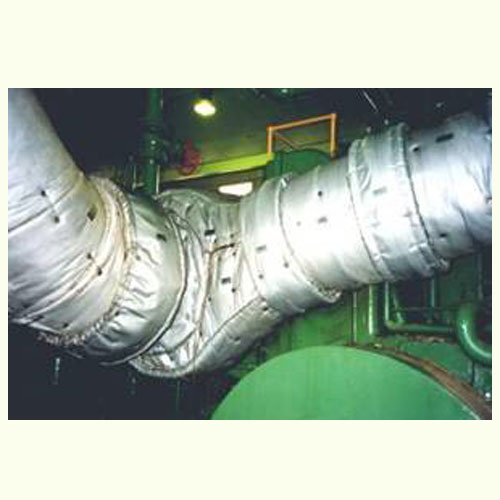
Industrial Castors & Wheels
H M Gulamali offers a wide range of castors and wheels manufactured by Blickle, Germany. Read more
Foxconn, Nvidia join forces for AI factories revolutionising tech production
Taiwanese technology giant Foxconn and leading US hardware company Nvidia revealed their partnership to establish "AI factories," advanced data processing centres geared toward driving the production Read more














